The Universal Declaration of Human Rights set the record in 1999 as the most translated document in the world. Today, it has been translated into 501 languages and dialects from Abkhaz to Zulu, and there is an ongoing effort to translate it into many more.
For one of the most seminal documents in the history of human rights, accessibility is key. Translating has been paramount to granting wide access, but literacy ensures that everyone can read and understand the message of the Declaration for themselves, in any language. Undeniably, language and literacy go hand-in-hand.
Just as language barriers can be extremely limiting, barriers to literacy can feel overwhelming for children and adults alike. Literacy is a slow moving emergency--it is a disaster when it doesn’t happen. And according to the Global Reading Network, 250 million children around the world are not learning foundational reading skills. LitWorld and USAID are working to close the gap because we believe that literacy is not a gift given to just some lucky ones--it is a foundational human right that brings joy, economic independence, gender equity and a pathway out of poverty. Everyone should have it.
It is impossible to advocate for universal literacy, though, without also promoting the many ways people experience literacy--through their own languages. In the same way that words can help us learn about ourselves, the languages within our homes, schools and communities are key to understanding the cultural values of the spaces we occupy. There are over 6,000 spoken languages in the world today, and each one of them represents a powerful medium for literacy, and the transformation that comes with it.
LitWorld’s work has scaled with this commitment to celebrating all languages. We partner with grassroots organizations in 26 countries where mentors from the local community are strengthened through the knowledge of their own language and norms, as well as training and support from the LitWorld programming team. Our LitClubs and LitCamps, which cultivate joyful learning experiences for kids during critical out-of-school time, are conducted in over 10 different languages.
Through the Global Reading Network, an association of NGOs, donor institutions, local communities, and academic institutions, USAID is committed to building national and local capacity for sustainable early grade reading programs. Global Reading Network members also participate in other USAID-supported initiatives (like the Global Book Alliance, Enabling Writers, and the Global Digital Library), in order to help all gain the ability to read to learn.
Through our advocacy, both organizations seek to spread the joy of literacy and language. World Read Aloud Day on February 16, 2017, celebrates the read aloud as a simple act with a huge impact in kids’ lives. It is the perfect symbol for universal literacy as it helps create accessible reading communities. Just a few days later on February 21, 2017, International Mother Language Day celebrates the power of language to cultivate a quality education and for all. This year’s theme is “Towards Sustainable Futures through Multilingual Education.”
Join LitWorld and USAID as we champion for a high-quality, culturally-responsive education for all children that meets their needs in literacy and language, and ushers them into a bigger, brighter future.

